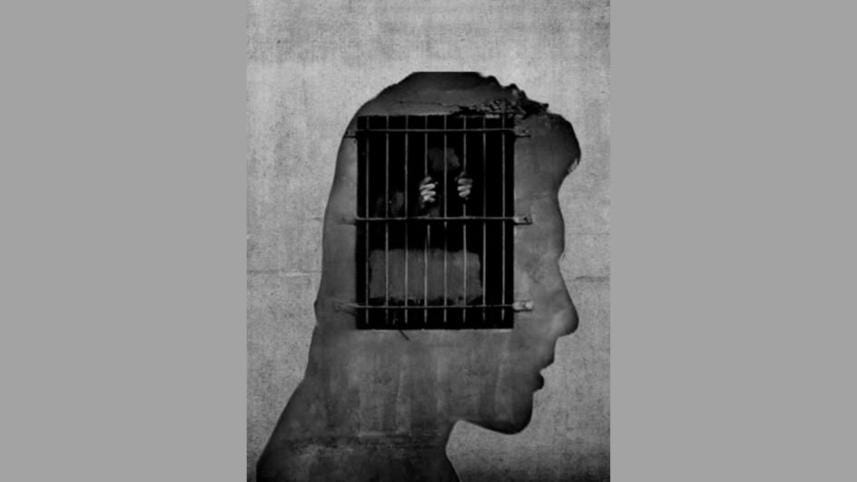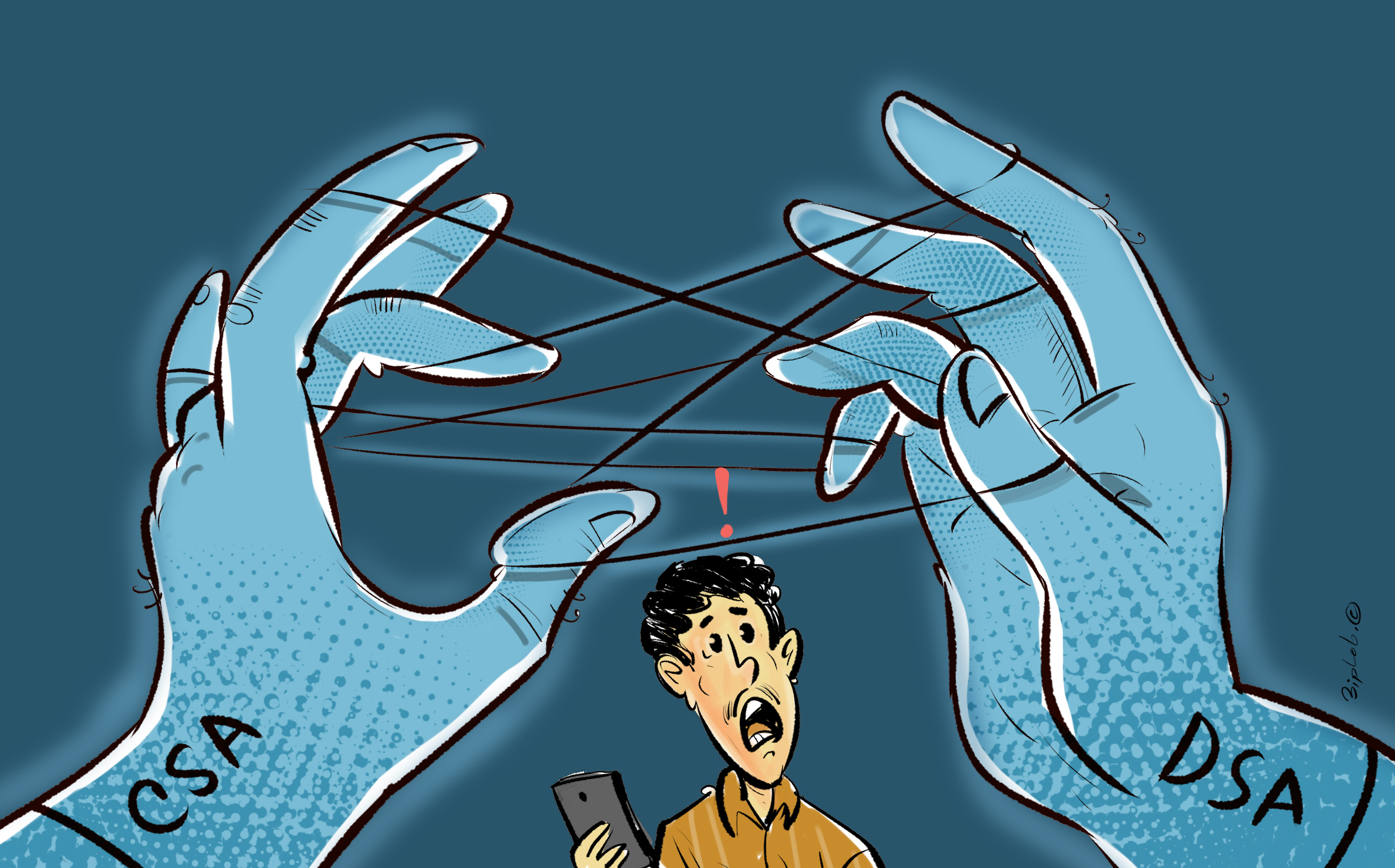Navigating biases, power dynamics and media integrity

Freedom of expression is a fundamental human right that holds immense importance in any democratic society. It serves as a platform for individuals to voice their opinions, share their thoughts and ideas, and engage in meaningful discussions and debates. However, the extent to which freedom of expression is upheld and practised varies from one country to another. In Bangladesh's case, although freedom of expression is enshrined in the constitution, its implementation faces significant challenges.
At first glance, it may appear that people in Bangladesh enjoy the freedom to express themselves without fear of persecution. The media also seems relatively free to report on matters of public interest. However, a closer examination reveals the existence of substantial limitations to this freedom.
One of the serious issues with freedom of expression in Bangladesh is its heavy bias towards certain individuals and groups. While some individuals, particularly those who are part of the ruling elite or possess political influence, can freely criticise the government and its policies, others do not have the same privilege. Those who lack political connections or are not part of the ruling elite face restrictions in expressing their opinions. They often become targets of persecution when they dare to speak out against the government or its policies.
Furthermore, freedom of expression is confined to specific topics in the country. People are allowed to discuss issues that do not directly affect the larger population, but they are prohibited from being critical of the government's failures or the shortcomings of its institutions. To achieve this, the government employs various tactics such as intimidation, harassment, imprisonment, and even violence. The media is not immune to such suppression, as journalists are frequently targeted and attacked for reporting on sensitive issues. Such restrictions do not align with the principles of democracy.
In Bangladesh, a unique style has emerged, favouring those who have political connections or are part of the ruling elite. This creates a significant power imbalance, silencing the voices of the majority while allowing the minority with access to power to dominate the conversation.
How did the country arrive at this point? Is it solely due to the efforts of successive governments to silence dissidents, or have the institutions tasked with protecting the rights of the people also succumbed to vested interests?
In a democracy, freedom of expression encompasses the right to criticise the government and its policies, and the press is expected to be free from bias. If Bangladesh aims to progress towards a more democratic society, it must ensure that freedom of expression is guaranteed to all its citizens, irrespective of their political affiliations or social status.
While it is valid to discuss the failure of institutions, a sizable portion of the blame falls on the media in Bangladesh as well. Impartial and unbiased journalism is increasingly limited in the country – not only due to informal embargoes and formal legal restrictions but also due to other factors. One crucial factor is the prevalence of media and journalists being aligned with partisan politics. While journalists having political alignments is not inherently wrong, it becomes problematic when they forget the fundamental principle of journalism: presenting the facts. Journalists with political biases or perceived biases often manipulate or distort information to support a specific political agenda or gain personal advantages. They tend to align themselves with the political party in power, compromising the freedom of expression that is crucial in a democratic society.
Another concerning trend in Bangladesh is the influence of businesses or business conglomerates that own media outlets. These entities often leverage their media ownership to protect their business interests by eliminating competitors or evading accountability for crimes and wrongdoing. In such cases, the media outlets tend to align closely with the power structure, serving the interests of those in power, rather than speaking up for the people.
Even in the presence of formal and informal restrictions imposed by the state, journalists should be able to report freely on matters of public interest. This freedom is essential for the press to remain relevant and create a platform for open dialogue among the people, their representatives, and public institutions. By doing so, the press can uphold the citizens' right to freedom of expression.
Journalists and media organisations in Bangladesh must reaffirm their commitment to impartiality, independence, and the presentation of facts. By adhering to these principles, they can counteract the influence of partisan politics and business interests on journalism and contribute to the preservation of press freedom in the country. Additionally, efforts should be made to foster a media environment that encourages diverse perspectives and safeguards the integrity of journalism.
In a democracy, freedom of expression encompasses the right to criticise the government and its policies, and the press is expected to be free from bias. If Bangladesh aims to progress towards a more democratic society, it must ensure that freedom of expression is guaranteed to all its citizens, irrespective of their political affiliations or social status. But the question remains: how can the country do so?
Meer Ahsan Habib is an IVLP and Hubert Humphrey fellow. His X handle is @meeriyadh
Views expressed in this article are the author's own.
Follow The Daily Star Opinion on Facebook for the latest opinions, commentaries and analyses by experts and professionals. To contribute your article or letter to The Daily Star Opinion, see our guidelines for submission.




 For all latest news, follow The Daily Star's Google News channel.
For all latest news, follow The Daily Star's Google News channel. 

Comments